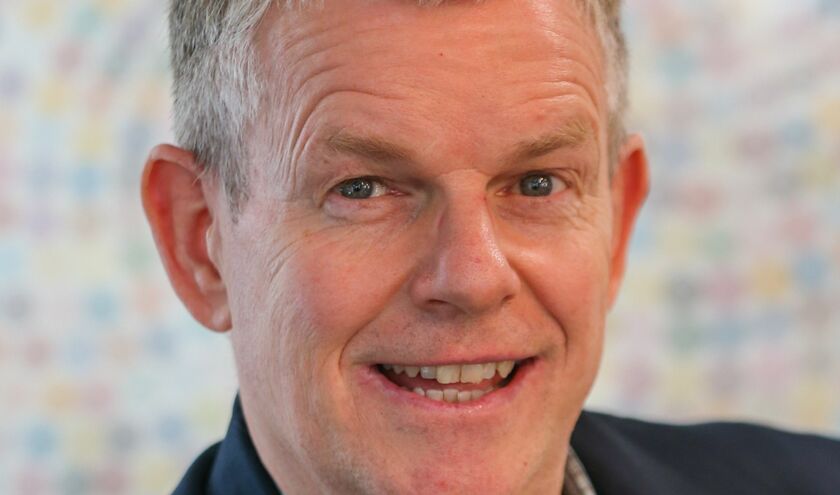‘Stress tests' were run throughout September in a bid to ‘winterproof' services and huge efforts have been made in vaccinations with a million more people given jabs this autumn.
Grounds for optimism are also to be found in faster ambulance response times and innovations that mean less people are taken to hospital and are dealt with more effectively once they are in urgent and emergency care.
On the downside, an early spike in flu, common cold and Covid viruses mean many services are already under pressure.
While NHS teams have delivered record levels of elective and cancer care, NHS waiting lists continued to rise for three consecutive months in June to August with corridor care becoming normalised.
Following a survey which found just 10% of members were confident their hospital could safely manage winter pressures, the Royal College of Physicians has called for urgent action to bolster social care and community services, including palliative care, improve patient flow, increase bed capacity and support frontline staff.
While another challenging winter could trigger another round of emergency measures, the longer team cycle will remain bleak until systemic problems with social care, the NHS estate and spiralling demand are fundamentally tackled.
The Government has set out the right direction of travel with the shift to prevention in the 10-Year Health Plan but it may be a long wait to see real benefits on the frontline.



